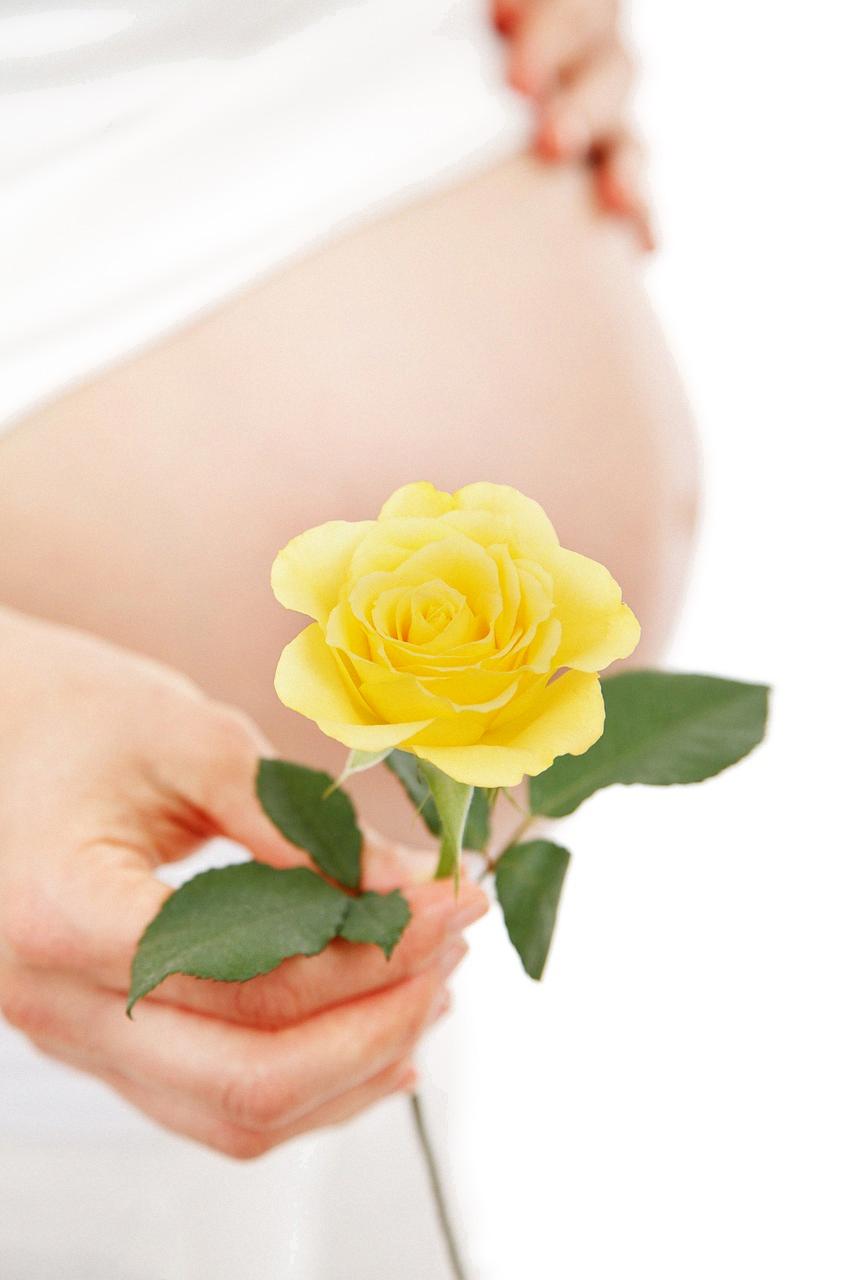When it comes to fertility and age, there is a significant relationship that every woman should be aware of. The age at which a woman tries to conceive can greatly impact her chances of getting pregnant successfully. While every woman’s body is different, there are some general trends that can help us understand what age is harder to get pregnant.
The Peak Reproductive Years
In general, a woman’s peak reproductive years fall between her late teens and late 20s. During this time, the chances of getting pregnant are typically higher, and fertility is at its peak. This is because the quality and quantity of a woman’s eggs are usually at their best during this period.
Decline in Fertility After 30
Once a woman reaches the age of 30, her fertility begins to decline. While getting pregnant is still possible, the chances are not as high as they were in her 20s. This decline becomes more noticeable as a woman progresses through her 30s.
Rapid Decline in Mid-30s
By the time a woman reaches her mid-30s, the decline in fertility accelerates. This means that getting pregnant becomes increasingly challenging as a woman moves further into her 30s. While some women may still conceive naturally during this time, the odds start to decrease.
Advanced Maternal Age
Once a woman reaches the age of 35, she is considered to be of advanced maternal age in terms of pregnancy. At this stage, the quality of a woman’s eggs continues to decline, which can impact her ability to conceive. The chances of miscarriage also increase with age.
Quality vs. Quantity of Eggs
It’s important to note that both the quality and quantity of a woman’s eggs play a crucial role in her fertility. As women age, not only do they have fewer eggs, but the quality of those eggs also decreases. This can make it harder to get pregnant and increase the risk of complications.
Impact of Lifestyle Factors
While age is a significant factor in fertility, lifestyle choices also play a role in a woman’s ability to conceive. Factors such as smoking, excessive alcohol consumption, obesity, and stress can all impact fertility negatively, regardless of age.
Seeking Fertility Assistance
For women who are struggling to get pregnant, seeking fertility assistance may be necessary. As a woman gets older, the chances of conceiving naturally decrease, prompting many to consider options such as IVF or other fertility treatments.
Consulting a Fertility Specialist
If a woman is unsure about her fertility or wants to explore options for getting pregnant, consulting a fertility specialist is a wise step. A fertility specialist can assess a woman’s reproductive health, provide guidance on fertility treatments, and help increase the chances of successful conception.
Age and Male Fertility
While much of the focus is on female fertility and age, it’s essential to consider the impact of age on male fertility as well. Advanced paternal age can also affect the chances of conception and increase the risk of genetic abnormalities in offspring.
Planning for Pregnancy
For women who are thinking about starting a family, planning for pregnancy is crucial. Understanding the relationship between age and fertility can help women make informed decisions about when to try to conceive and what steps to take if they encounter difficulties.
Maintaining Reproductive Health
Regardless of age, maintaining reproductive health is essential for women who want to preserve their fertility. Eating a balanced diet, staying active, managing stress, and avoiding harmful substances can all contribute to better reproductive health and improve the chances of getting pregnant.
Conclusion
As we have seen, age plays a significant role in fertility, with a woman’s chances of getting pregnant decreasing as she gets older. While there is no one-size-fits-all answer to the question of what age is harder to get pregnant, understanding the factors at play can help women make informed choices about their reproductive health and family planning.

